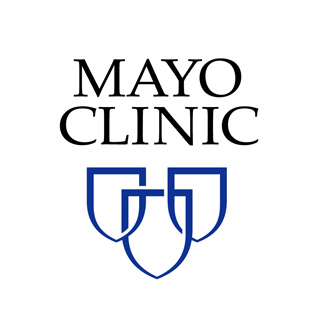
Endocarditis, is an infection concerning the valves and occasionally chambers of the heart. It could be an issue with patients having supposedly entrenched medical devices and may be grave and fatal. The mortality rate may be as high as one in five, even with aggressive treatment and exclusion of the device. With extra problems, the mortality may be over 60 percent. Diagnosis generally needs transesophageal echocardiography, an invasive procedure that may also have risks. It may engage the use of an endoscope and insertion of a probe down the esophagus.
The software program may be known as an ‘Artificial Neural Network’ (ANN) as it supposedly imitates the brain’s cognitive function and responds in a different way to circumstances depending on its accumulated knowledge. That knowledge or training is supplied by researchers. It may be similar to how a person may ‘train’ a computer to play chess, by introducing it to as many situations as possible. In this case, the ANN may undergo three separate ‘trainings’ to discover how to assess the symptoms it could be considering.
M. Rizwan Sohail, M.D., a Mayo Clinic infectious diseases specialist and leader of the study, commented, “If, through this novel method, we can help determine a percentage of endocarditis diagnoses with a high rate of accuracy, we hope to save a significant number of patients from the discomfort, risk and expense of the standard diagnostic procedure.”
About 189 Mayo patients were apparently examined by the team. They were supposedly checked with device-related endocarditis identified between 1991 and 2003. The ANN was apparently tested, on second thoughts on the data from these cases. It was found out that the best-trained ANN was apparently accurate most of the time i.e. 72 of 73 implant-related infections and 12 of 13 endocarditis cases, with a confidence level which is supposedly greater than 99 percent.
Experts are of the opinion that when used as an overall model that apparently incorporated both known and unknown cases, the ANN may precisely debar endocarditis in at least half of the cases, thus by getting rid of half the cohort from an unnecessary invasive procedure.
These findings may be announced at the Interscience Conference on Antimicrobial Agents and Chemotherapy (ICAAC) in San Francisco.
